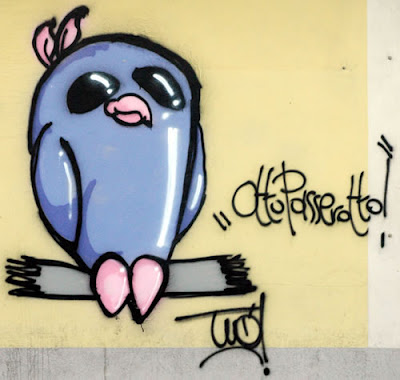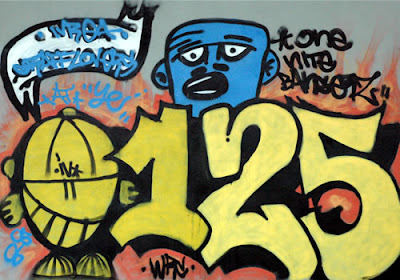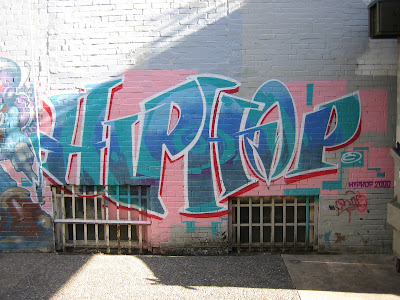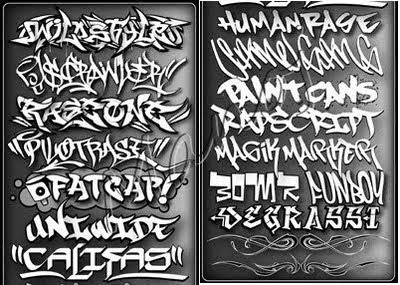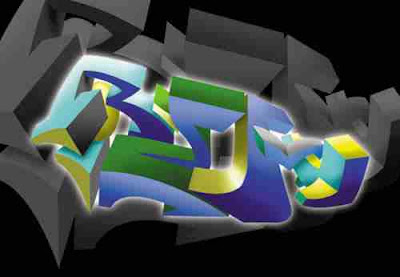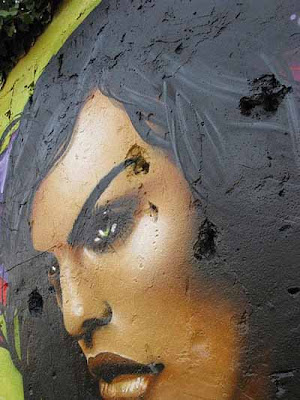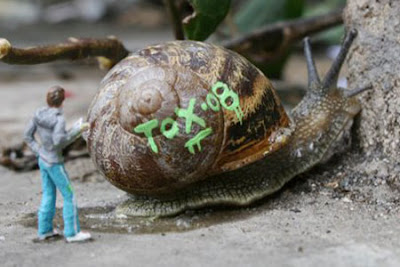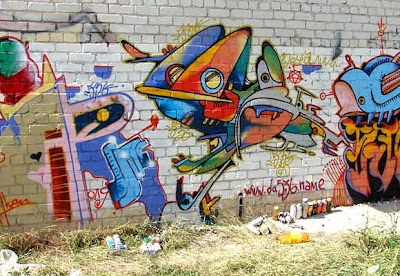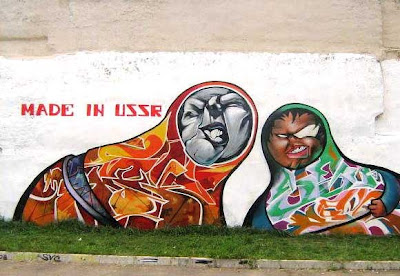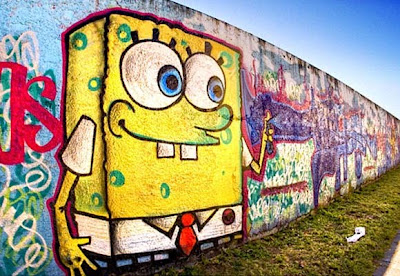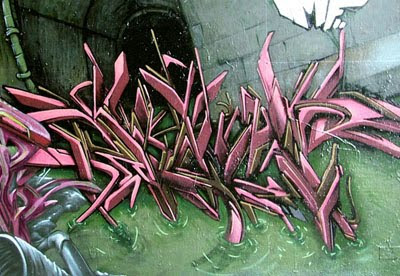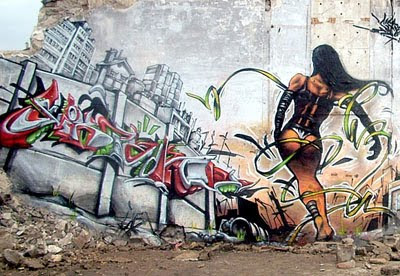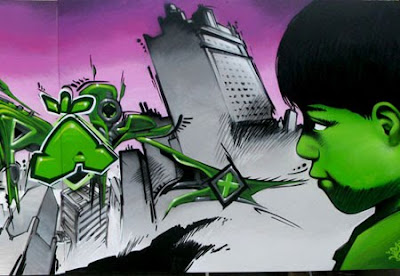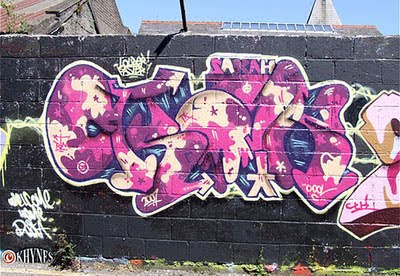|
|
|---|
History Art of Graffiti
The term graffiti referred to the inscriptions, figure drawings, etc. available on the walls of ancient ruins sepulchers or, as in the Catacombs of Rome or at Pompeii. Use the word has evolved to include any graphics applied to surfaces in a manner that constitutes vandalism.
The earliest forms of graffiti date back to 30 000 ECB in the form of cave paintings and prehistoric pictographs using tools, for example, and pigments. The illustrations were often ceremonial and sacred sites within the caves. The images draw on the walls showed scenes of wild animals and hunting expeditions in most circumstances. This form of graffiti is subject to disagreement think it is likely that members of society supported the creation of prehistoric drawings.
One source is called the Safaitic language, form of oncaighéinte-Arabic, from: graffiti inscriptions effects on the surface of desert rocks and boulders in the predominantly basalt of southern Syria, eastern Jordan and northern Saudi Arabia . Safaitic dates from the first century the ECB to the 4th century CE.
Etymology Graffiti
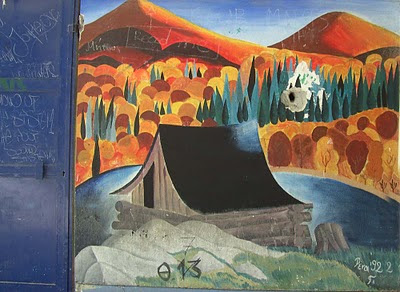
Graffiti, graffiti definition is an Italian word GRAFFIATO (scratched). "Graffiti" is applied in art history to works of art produced by scratching designs into the surface. The reason for the word is "graffiti" which includes scratching through one layer of pigment to reveal another beneath it.
See other definitions for Graffiti
Graffiti (singular: graffito; the plural is used as a mass noun)is the name for images or lettering scratched, scrawled, painted or marked in any manner on property.
Graffiti is any type of public markers that can be represented in the form of a simple written words to murals to work. Graffiti has been around since ancient times, with examples dating back to ancient Greece and the Roman Empire. In modern times, paint, paint and markers usually become the most commonly used materials. In most countries, damaging property with graffiti without the owner's consent is considered vandalism, which is punishable by law.
Sometimes graffiti is used to communicate social and political messages. For some it is an art form worthy of display in galleries and exhibitions, to others it is just vandalism.
Graffiti has since become a pop culture are often associated with underground hip hop music and b-boying to create a lifestyle that remains hidden from the public.
Graffiti can be used as a signal to gang territory to define or to serve as an indicator or "tag" for gang-related activities. The controversies that continue to surround graffiti disagreement between city officials make / law and graffitists looking for work in public places to display.
There are many different types and styles of graffiti and it is a rapidly evolving art form whose value is highly contested, being reviled by many authorities while also subject to protection, sometimes within the same jurisdiction.
Graffiti is any type of public markers that can be represented in the form of a simple written words to murals to work. Graffiti has been around since ancient times, with examples dating back to ancient Greece and the Roman Empire. In modern times, paint, paint and markers usually become the most commonly used materials. In most countries, damaging property with graffiti without the owner's consent is considered vandalism, which is punishable by law.
Sometimes graffiti is used to communicate social and political messages. For some it is an art form worthy of display in galleries and exhibitions, to others it is just vandalism.
Graffiti has since become a pop culture are often associated with underground hip hop music and b-boying to create a lifestyle that remains hidden from the public.
Graffiti can be used as a signal to gang territory to define or to serve as an indicator or "tag" for gang-related activities. The controversies that continue to surround graffiti disagreement between city officials make / law and graffitists looking for work in public places to display.
There are many different types and styles of graffiti and it is a rapidly evolving art form whose value is highly contested, being reviled by many authorities while also subject to protection, sometimes within the same jurisdiction.
Subscribe to:
Comments (Atom)



